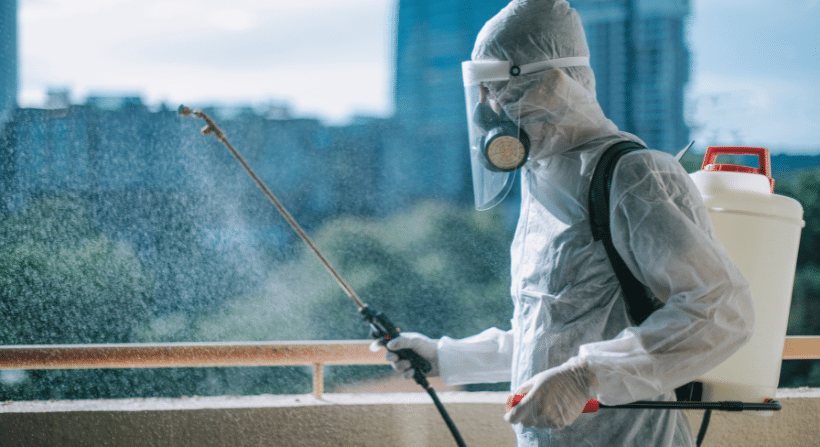- Green and eco-friendly solutions: There has been a growing trend towards environmentally friendly bug control methods. In 2024, this trend could continue with an increased focus on non-toxic, organic, and sustainable pest management solutions. This might include the use of biopesticides, pheromone traps, and natural predators.
- Technology integration: Advancements in technology, such as IoT (Internet of Things) devices and AI (Artificial Intelligence), could play a more significant role in bug control. Smart traps, sensors, and automated monitoring systems might become more prevalent, allowing for more efficient and targeted pest management strategies.
- Data-driven approaches: With the increasing availability of data and analytics tools, bug control companies may leverage data-driven approaches to better understand pest behavior patterns, optimize treatment plans, and predict potential infestations. This could lead to more proactive and effective pest management strategies.
- Biological control methods: Biological control methods, such as the use of beneficial insects or microorganisms to control pests, could gain further acceptance and adoption in 2024. These methods offer a natural and sustainable approach to pest management and may become more mainstream as awareness grows.
- Integrated pest management (IPM): Integrated pest management, which combines multiple pest control strategies in a holistic approach, is likely to continue gaining popularity. By integrating methods such as biological control, habitat modification, and chemical treatments as a last resort, IPM can offer effective and sustainable bug control solutions.
- Regulatory changes: Regulatory changes and stricter guidelines regarding the use of conventional pesticides may influence the pest control industry in 2024. bug control companies may need to adapt to new regulations, explore alternative methods, and invest in training to ensure compliance and minimize environmental impact.
- Urbanization and pest management: As urban areas continue to grow, the demand for pest control services in urban environments may increase. Bug control companies might develop specialized solutions tailored to the unique challenges of urban pest management, such as limited space and increased human-animal interactions.
It’s essential to note that these are speculative trends, and the actual developments in the pest control industry in 2024 may vary. For the most accurate and up-to-date information, it’s recommended to consult industry reports, news sources, and professional associations within the bug control sector.
Read Also: How Does Ant Baits Work?
Conclusion
In conclusion, the pest control industry in 2024 is experiencing rapid advancements and innovation, driven by a growing emphasis on sustainability, technology, and efficiency. From the adoption of eco-friendly treatment methods to the integration of artificial intelligence and data analytics, pest control professionals are leveraging new tools and techniques to enhance their services and meet the evolving needs of clients. Additionally, increasing awareness of the importance of pest management in public health and environmental conservation is driving the industry towards more proactive and holistic approaches. By staying informed about the latest developments in the bug control industry, professionals and homeowners alike can make informed decisions and effectively address pest-related challenges in the years ahead.
If you’re in need of pest control services that incorporate the latest advancements and sustainable practices, contact Tulsa Bed Bug Exterminator today. Our expert team is equipped with cutting-edge technologies and solutions to provide effective pest management tailored to your needs. Schedule a consultation now and experience the difference of modern pest control techniques.


Recent Comments